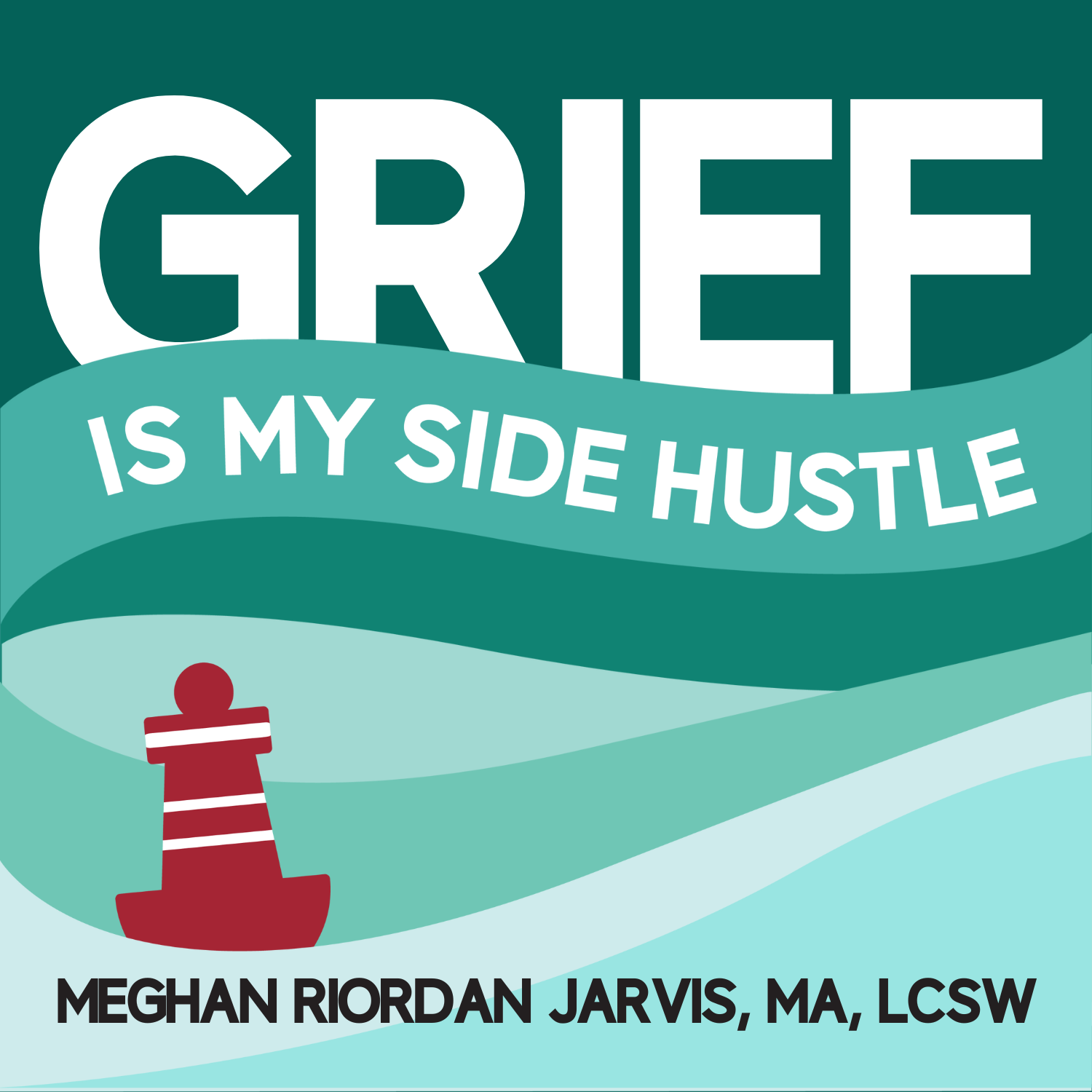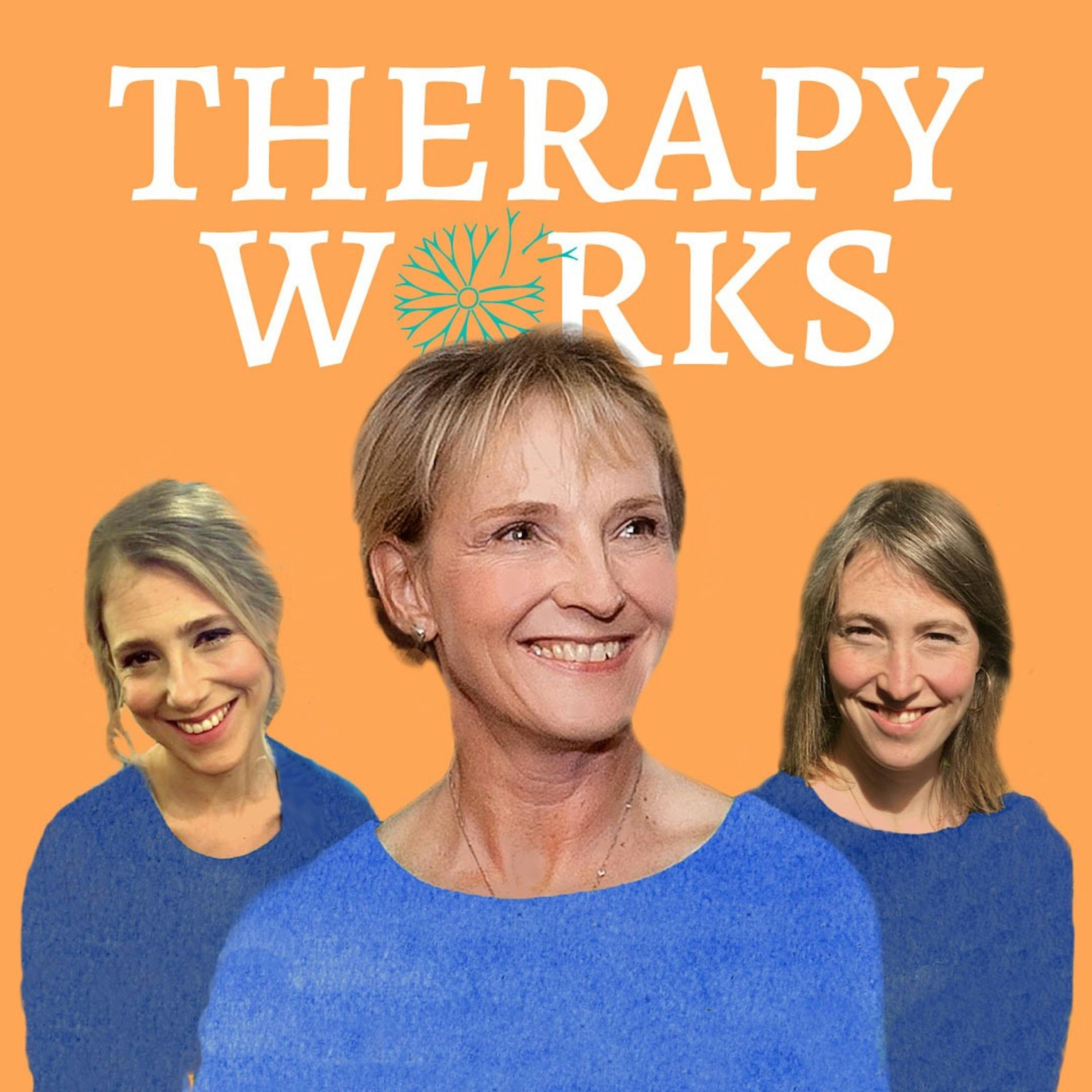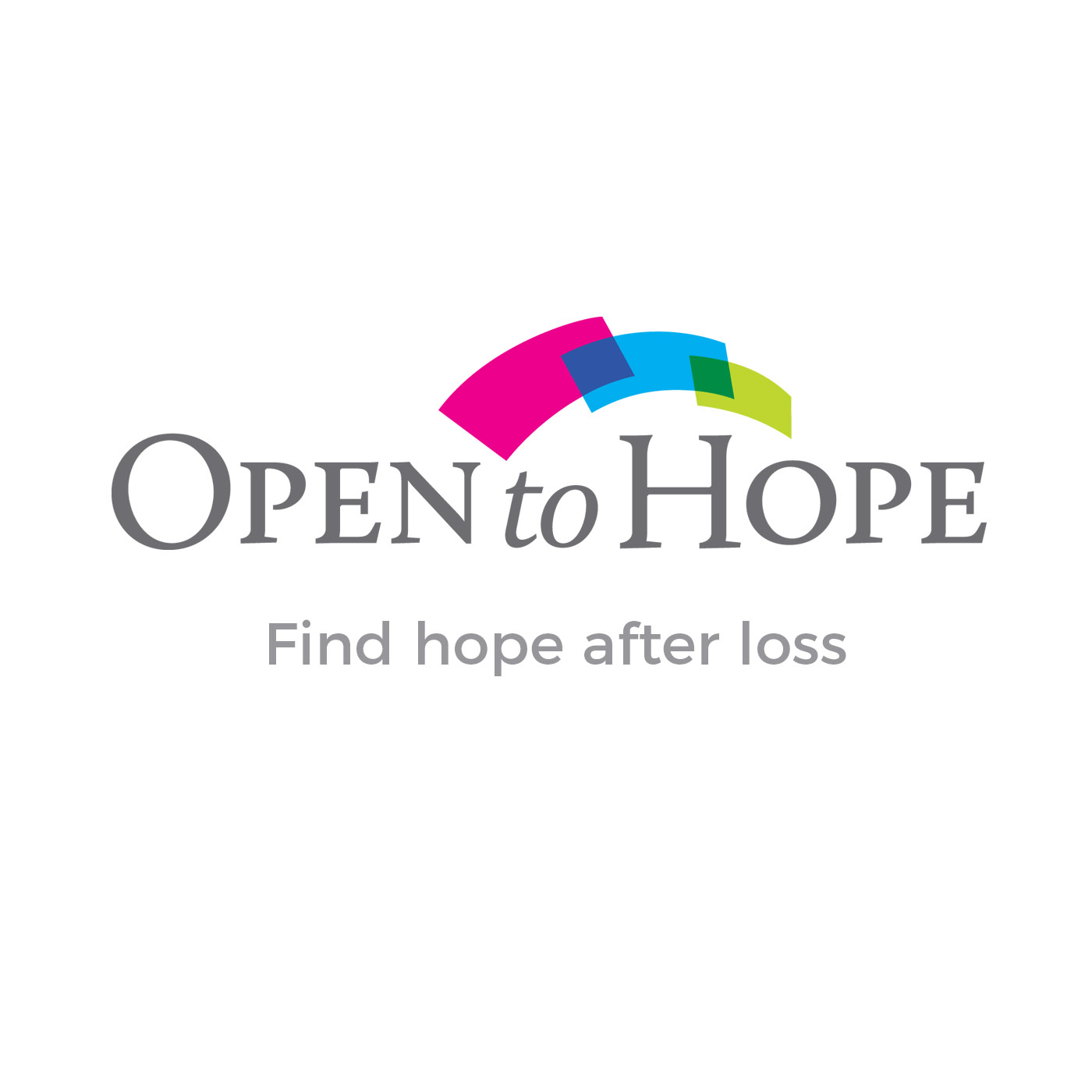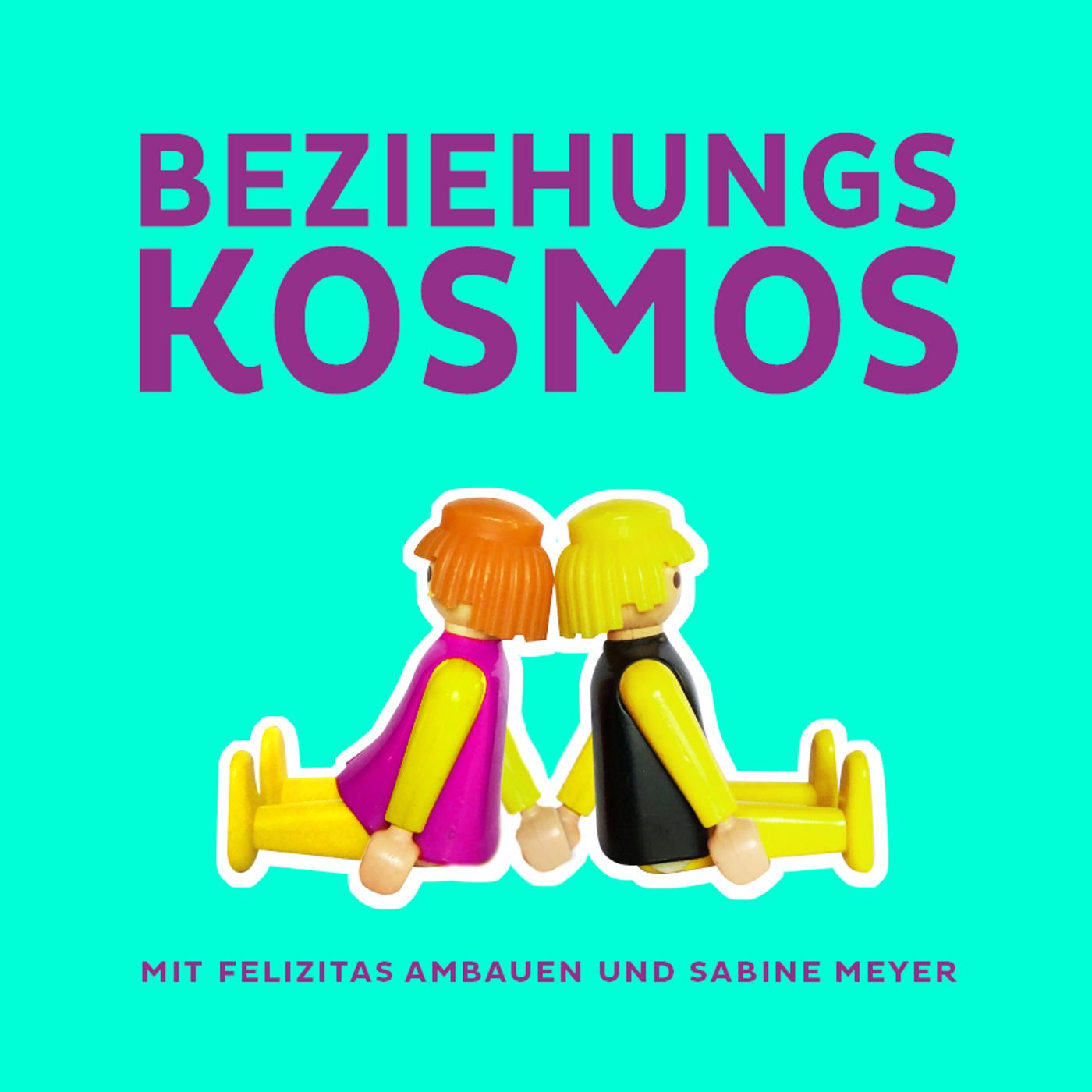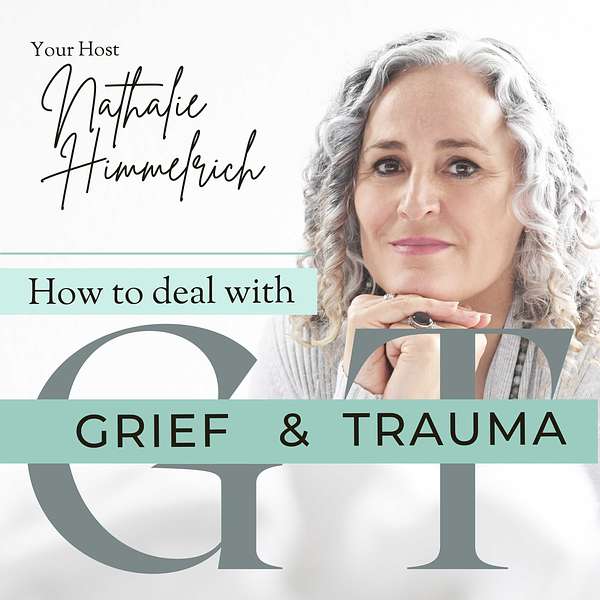
How To Deal With Grief and Trauma
How To Deal With Grief and Trauma
73 Marc Hauser | How Adverse Childhood Experiences Shape Vulnerable Minds
HOW TO DEAL WITH GRIEF AND TRAUMA is completely self-funded, produced, and edited by me, Nathalie Himmelrich.
Consider making a small donation to support the Podcast: bit.ly/SupportGTPodcast. Thank you!
For more information, please visit Nathalie’s website, join the podcast’s Instagram page, and subscribe to the newsletter to receive updates on future episodes here.
About this week’s episode
If you’ve been listening to the How to Deal with Grief and Trauma Podcast for a while you will have heard me or our guests speak about the term ACEs, short for Adverse Childhood Experiences before. Adverse Childhood Experiences (ACEs) are traumatic experiences that children experience before the age of 18 that can have lasting impacts on their mental health, physical health, and general well-being. As a psychological therapist and grief and trauma expert, I am faced with people’s life experiences on a daily basis and can see the impact and effect Adverse Childhood Experiences have on a person’s life, both past and present.
About this week’s guest
Marc Hauser’s scientific research, including over 300 published papers and seven books, has focused on how the brain evolves, develops, and is altered by damage and neurodevelopmental disorders, with an emphasis on the processes of learning and decision-making, as well as the impact of traumatic experiences on development. His educational and consulting work has focused on the implementation of quantitative, brain-based methods for teachers, clinicians, and doctors working with children who have different disabilities, including especially those that result from a history of traumatic experiences.
Marc has earned a Bachelor of Science degree from Bucknell University, a PhD from UCLA and Post-doctoral fellowships from the University of Michigan, Rockefeller University, and University of California-Davis. For almost 20 years he was a Professor at Harvard University. In 2013, he founded the company Risk-Eraser, dedicated to providing software and consulting to programs focusing on students in special education.
- Website: marcdhauser.com
- LI: @mdhauser
- FB: www.facebook.com/MarcDHauser
Resources mentioned in this episode:
- Marc’s book: Vulnerable Minds: The Harm of C
Find support:
Support the show:
- Become a supporter of the show! Starting at $3/month
- Join Facebook Group - Grief and Trauma Support Network
- Download the FREE grief resource eBook
- Book a Discovery Call
- Leave a review
Follow on socials:
